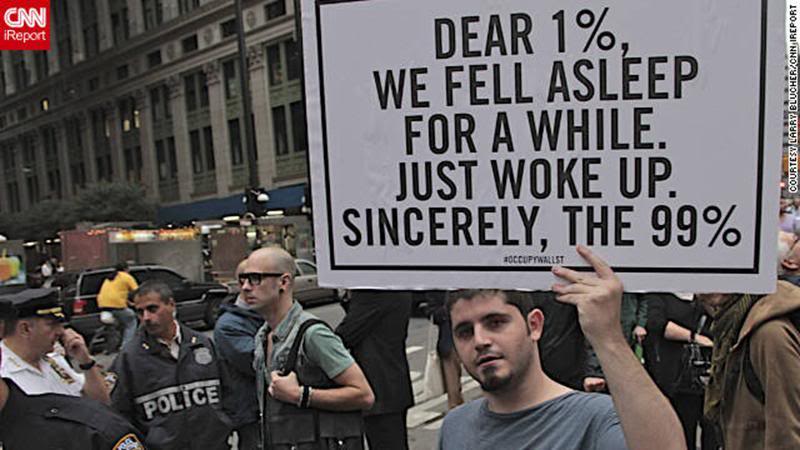
by Shaun Chamberlin | Jan 20, 2013 | All Posts, Climate Change, Cultural stories, Favourite posts, Featured, Philosophy
When environmentalists argue amongst themselves, whether at some formal debate or late at night over a few drinks, I confidently predict that the argument will go like this.
One will say (in one form or another):
"There's no time to wait for radical change or revolution; the crisis is overwhelmingly urgent, we simply have to act within the frameworks we have now".

by Shaun Chamberlin | Dec 21, 2012 | 21st December, All Posts, Climate Change, Cultural stories, Favourite posts, Philosophy, Transition Movement
Let me tell you a story. It’s a story about our land — our home — and our ability to live peaceful, harmonious, respectful lives upon it and in partnership with it. And it’s a story about the big bad political structures and corporate institutions that conspire to...

by Shaun Chamberlin | Nov 20, 2012 | All Posts, Cultural stories, Economics, Favourite posts, Politics, The right to land
The right to access land matters, in a fundamental way. It is a place to live, a source for food, for water, for fuel, and for sustenance of almost every kind. And land management also has profound impacts on our ecosystems and environment, and thus on our well-being...

by Shaun Chamberlin | May 17, 2012 | All Posts, Cultural stories, David Fleming, Economics, Favourite posts, Politics, The Transition Timeline, Transition Movement
Last month I was one of forty or so attendees of the Transition ‘Peak Money’ day. It was a fascinating collection of people, from theorists to activists, and a potent opportunity to reflect on the challenges facing us all as the glaring errors at the heart...

by Shaun Chamberlin | Mar 3, 2012 | All Posts, Cultural stories, Favourite posts, Reviews and recommendations
Untitled piece by Maria Elvorith (from the cover of TheFWD)The Future We Deserve, a collaborative book project edited by Vinay Gupta, Cat Lupton and Noah Raford, is available today. It can be read in full, downloaded or bought in hard copy here. I contributed one of...

by Shaun Chamberlin | Nov 5, 2011 | All Posts, Climate Change, Cultural stories, Economics, Favourite posts, Peak Oil, Politics, Transition Movement
This post was written for the Transition Network‘s Social Reporting project, and published there on Sunday 13th November. — Having been invited to be this week’s Social Reporting guest editor and introduce the theme of economics, the burgeoning...








Recent Comments